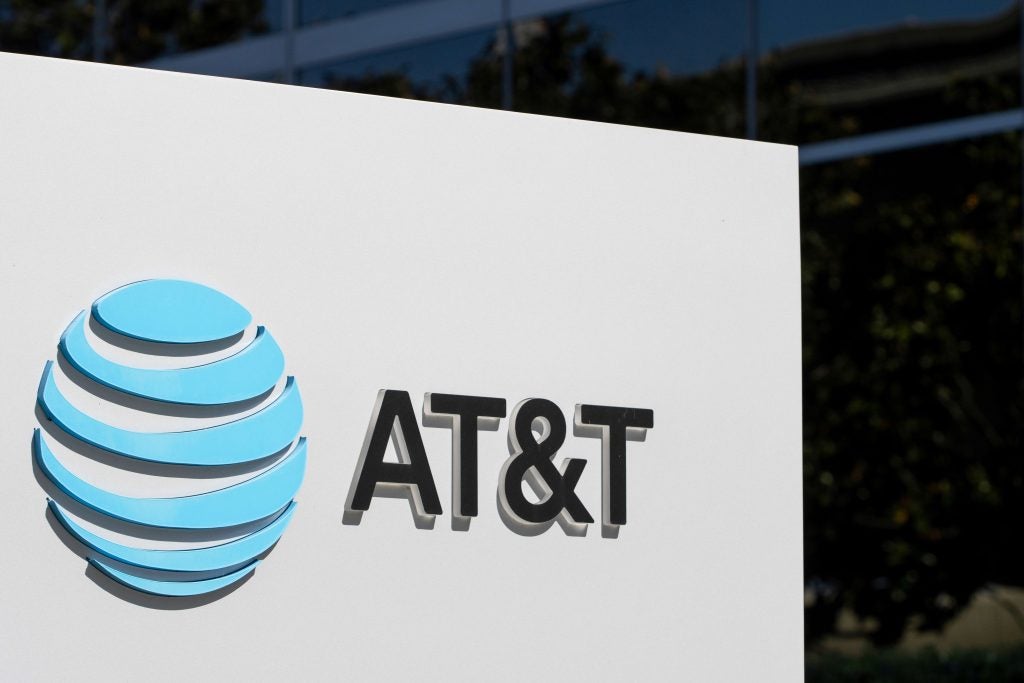
Last year, Uber empowered its Californian drivers to pick which rides to accept. The ride-hailing business is now considering rolling back this added flexibility because drivers were actually using it. The news comes as gig economy companies are under mounting pressure to change their employment models.
Uber introduced the new system after the introduction of the California Assembly Bill 5 (AB5), a gig economy law, to highlight how its drivers were not employees but self-employed contractors. The initiative enabled drivers to see destinations and set prices beforehand as well as deciding which rides to accept.
By providing drivers with more independence, the $106bn company was able to meet the requirements of the new regulation and skirt the costs of having to pay for employee benefits like healthcare, overtime pay and paid sick leave for its drivers. The California drivers welcomed the initiative and hailed it as a game changer enabling them to make ends meet more easily.
However, customers have grown increasingly irritated with the plummeting reliability of the service, often taking to social media platforms to vent their frustration. Uber is now using the user backlash to motivate its decision on whether or not to curb the changes.
Following the introduction of the added freedom for drivers, Uber said that a third of its California drivers declined more than 80% of their ride requests and that roughly a fifth of potential passengers in California were left unable to find a ride, a sevenfold increase from before the change, according to the San Francisco Chronicle who broke the news.
Giving drivers more flexibility also disproportionately hurt rides to and from airports. Uber claimed on Monday that weekly ride completion rate for San Francisco and Los Angeles airports fell by 60% after the introduction of the changes. Airport journeys have long been a profitable backbone of the company and Uber is expecting to see an increase in demand on those rides when Covid-19 restrictions drop.
How well do you really know your competitors?
Access the most comprehensive Company Profiles on the market, powered by GlobalData. Save hours of research. Gain competitive edge.

Thank you!
Your download email will arrive shortly
Not ready to buy yet? Download a free sample
We are confident about the unique quality of our Company Profiles. However, we want you to make the most beneficial decision for your business, so we offer a free sample that you can download by submitting the below form
By GlobalDataThe ride-hailing tech company may also reverse the change because it doesn’t need to prove itself under AB5 anymore following the passing of 2020 California Proposition 22 (Prop 22) at the end of last year. Prop 22, which Uber and other gig economy companies spent over $220m to see passed, gives gig economy firms an exception to AB5 to keep listing their workers as independent contractors.
The news highlights how much the gig economy has come under attack from regulators and lawmakers around the world, as noted by a recent thematic research report from GlobalData.
Case in point, Uber was forced to make a U-turn on its stance on its UK drivers in March and to begin to classify them as workers after it lost a Supreme Court case in February. The Supreme Court had ruled that some of its drivers should be categorised as workers and not self-employed contractors. Uber’s decision to refer to drivers as workers did not extend to Uber Eats riders.
Gig economy businesses are also under pressure from investors who are increasingly growing concerned with environmental, social and governance (ESG) issues.
The added regulatory pressure combined with more focus on ESG contributed to Deliveroo’s embarrassing public listing on the London Stock Exchange last week. The company lost over 26% of its value on its first day of trading publicly.






